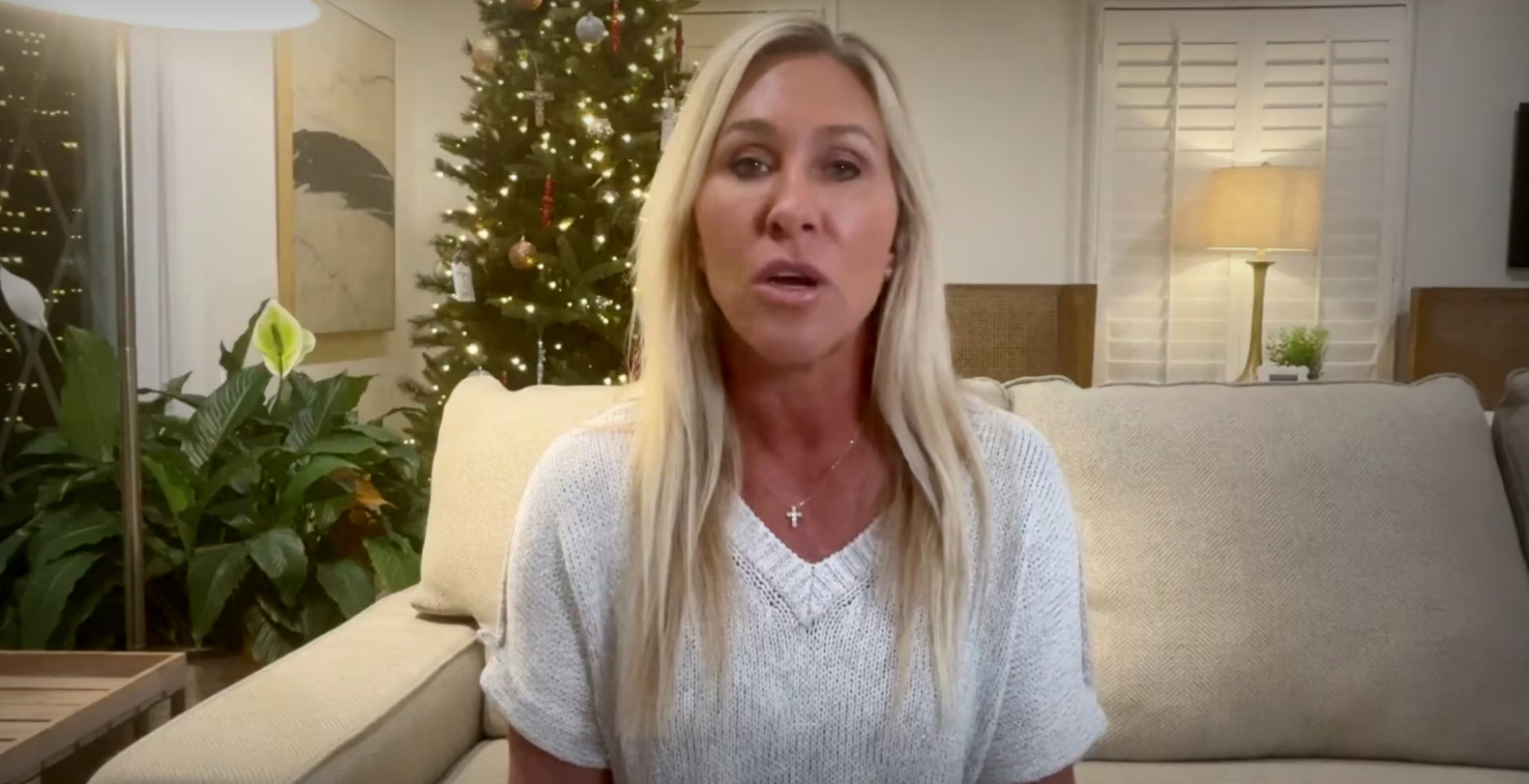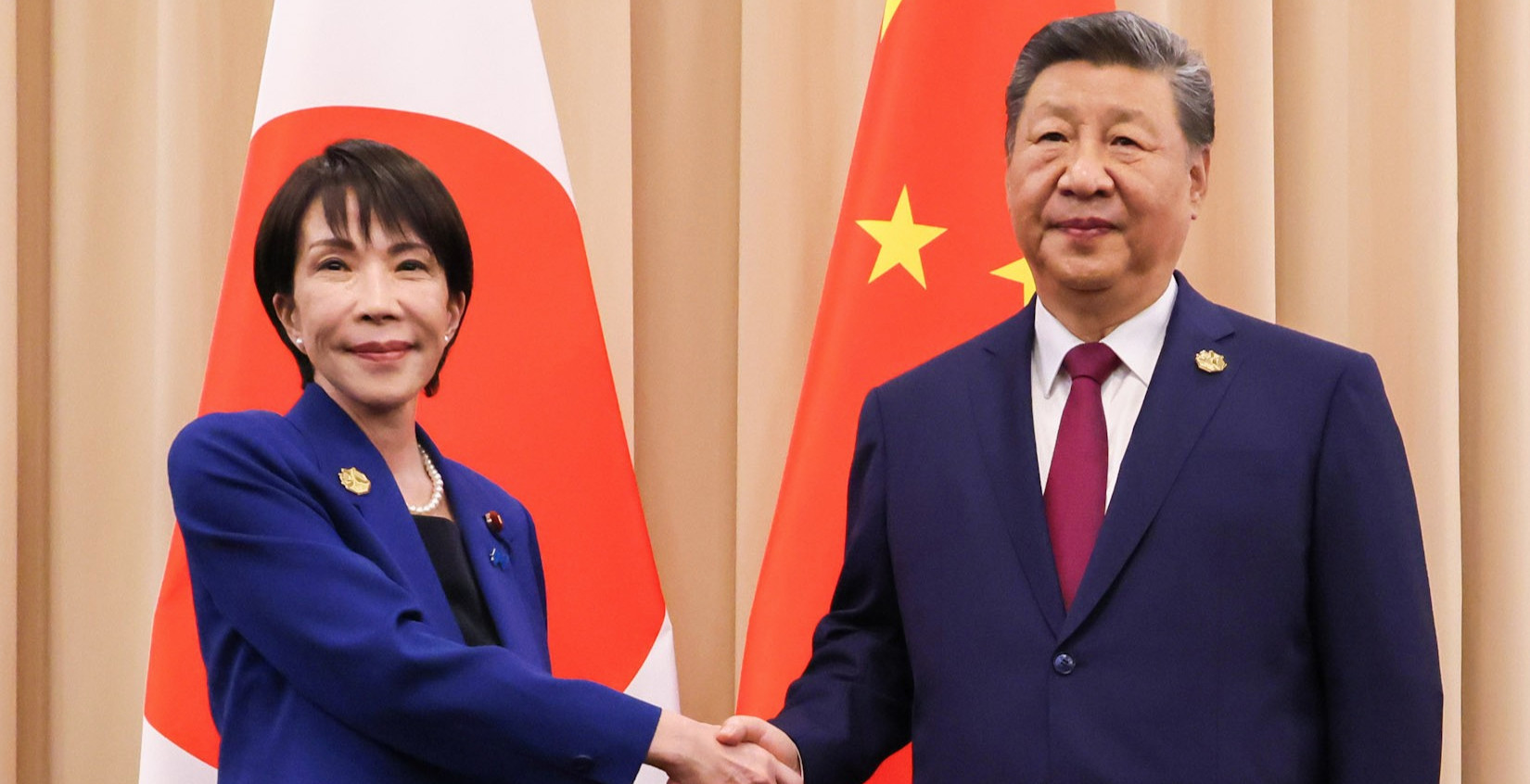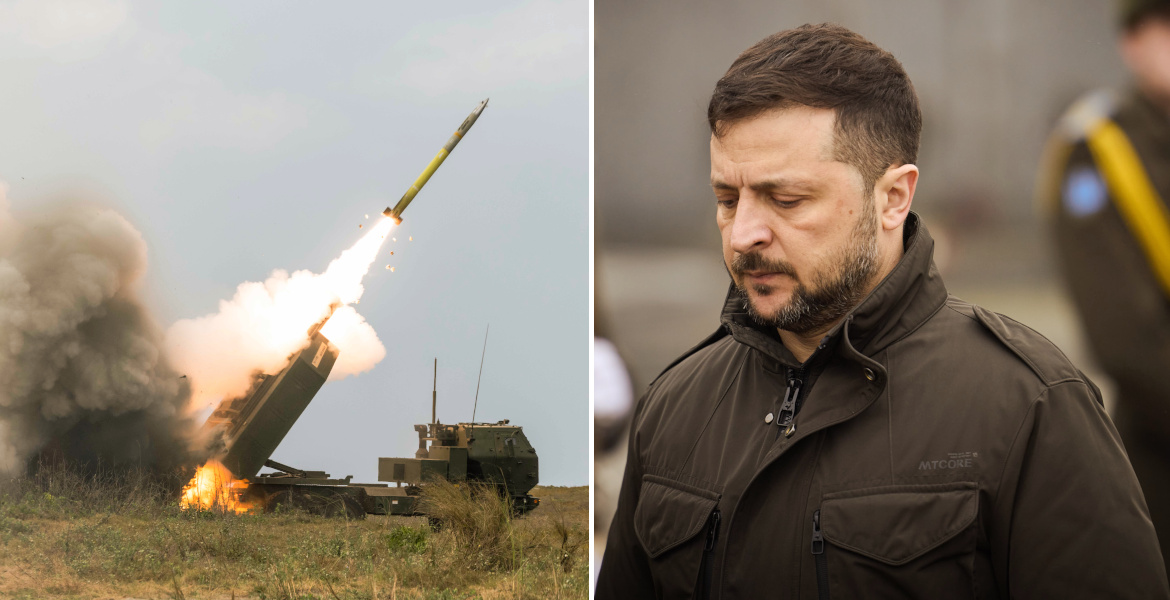On May 6, 2022, the UK announced that a British citizen visiting the Nigerian capital of Lagos had been infected with the viral disease monkeypox. In the following weeks, cases were reported in several countries around the world. On May 19, Sweden reported its first confirmed case.
A large proportion of those infected are believed to be homosexual men. The virus, which was discovered in 1958, is spread through saliva, feces and wound fluids. Most of the outbreaks documented to date have started in the rainforests of Africa, where local people have come into contact with infected animals in various ways.
In recent days, policymakers in several countries have indicated that measures similar to those introduced during the covid-19 epidemic may be reinstated. Belgium has already imposed a three-week mandatory quarantine on infected persons and believes that the virus is already circulating in the population. Belgian authorities expect many new cases in the coming weeks. The World Health Organization has also expressed concern about the virus outbreak.
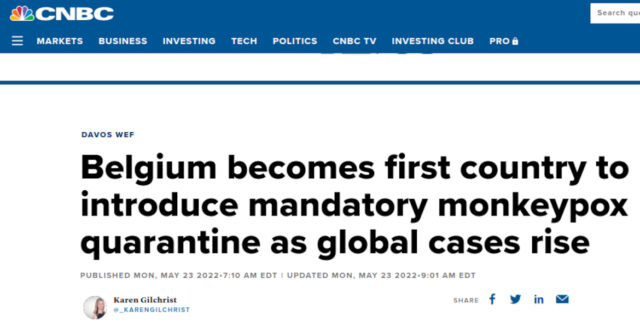
The simulation: Hundreds of millions dead
The influential Nuclear Threat Initiative (NTI) seems to have had a good idea of what was going on. In March 2021, during a security conference in Munich, a pandemic exercise was conducted in which a monkeypox outbreak was simulated to spread rapidly around the world and cause hundreds of millions of deaths.
The virus outbreak in the simulation took place in May 2022, with 1421 confirmed cases and four deaths in the first 20 days. In the scenario, the virus continued to spread rapidly around the world, and after six months, 83 countries were affected, 70 million cases were reported, and 1.3 million people died from the virus. One year later, 480 million people had been infected and 27 million had died, and after 1.5 years, 3.2 billion people had been infected and 271 million had died.
Notably, the origin of the virus in the simulation was not natural, but a modified virus, a terrorist attack designed to achieve maximum transmission and resistance to vaccines.
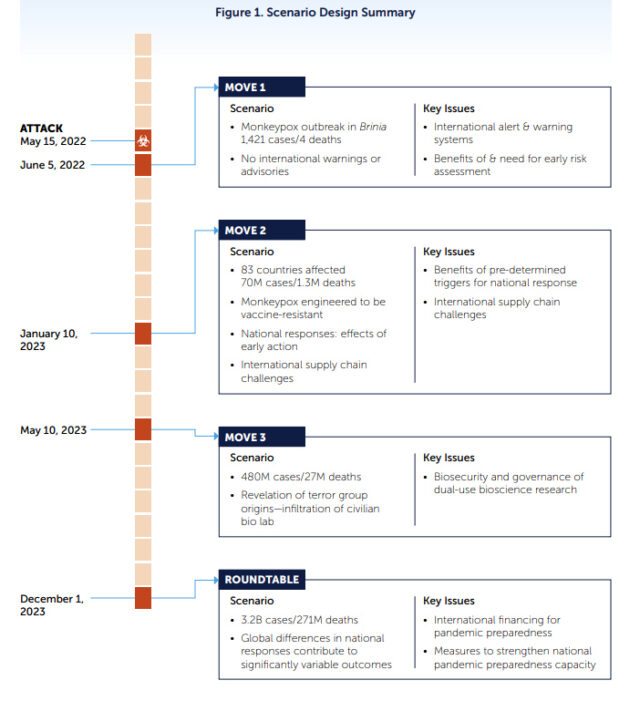
The organization: “Completely by chance”
The fact that the NTI organized a pandemic exercise with a fictitious outbreak of monkeypox, which in the scenario takes place almost at the same time as the actual outbreak, has raised some eyebrows. However, the organization itself states that the risks of the monkeypox virus "have been well documented by numerous health authorities for years. They note that outbreaks were recorded in Nigeria in 2017, and the United States has previously assessed that monkeypox could pose a "serious threat" to both animals and humans in the country.
According to NTI, an outbreak of monkeypox was simulated because "expert advisers" felt that this virus was well suited to a scenario focused on coordinated international action and developing "improvements in global capabilities to prevent and respond to pandemics".
“The fact that several countries are currently experiencing an outbreak of monkeypox is purely a coincidence”, it says.
Parallels drawn with the infamous Covid exercise
This is not the first time such coincidences have occurred. In one of the newspaper's most high-profile articles ever, Nya Dagbladet reported how American billionaire and globalist activist Bill Gates, through his foundation, organized a pandemic exercise with the Johns Hopkins Center and the World Economic Forum, simulating the global spread of a coronavirus, just months before the outbreak of the Covid epidemic.
The Nuclear Threat Initiative officially describes itself as a non-profit organization that works to prevent “current and future threats”, such as attacks and accidents involving various forms of weapons of mass destruction - including chemical and biological ones.
The article was originally published on Nya Dagbladet on May 27, 2022
The Nuclear Threat Initiative
NTI was founded in 2001 by Goldman Sachs-backed US Senator Sam Nunn and multi-billionaire media mogul Ted Turner, founder of CNN. Turner is also known for spending billions of dollars of his personal fortune to reduce global population growth.

The organization's board of directors includes a number of other prominent figures, including former US Ambassador Jon M. Huntsman, Admiral Mike Mullen, former military advisor to Presidents George W. Bush and Barack Obama, and Michael A. Peterson, son and heir of Peter G. Peterson, former US Secretary of Commerce and co-founder of the powerful Blackstone Group.
NTI is also affiliated with the globalist think tank, the World Economic Forum, and includes epidemiologist John Brownstein, who was widely used by the media as a medical expert during the covid era and won an Emmy for his participation in ABC's vaccine lobbying documentary, "The Shot: Race for the Vaccine".
One of NTI's top advisors is businessman and multi-billionaire Warren Buffett, one of the richest men in the world. In addition to Mr. Buffett, NTI's board includes many other influential figures in international politics and business.

There is also Swedish representation on the NTI board in the form of Rolf Ekéus - a diplomat and ambassador who also chaired the UN Special Commission that monitored Iraq's disarmament of weapons of mass destruction. He was elected a member of the Royal Swedish Academy of War Sciences in 2000 and has also chaired the Swedish Pugwash and SIPRI, which work for global disarmament and international peace.


